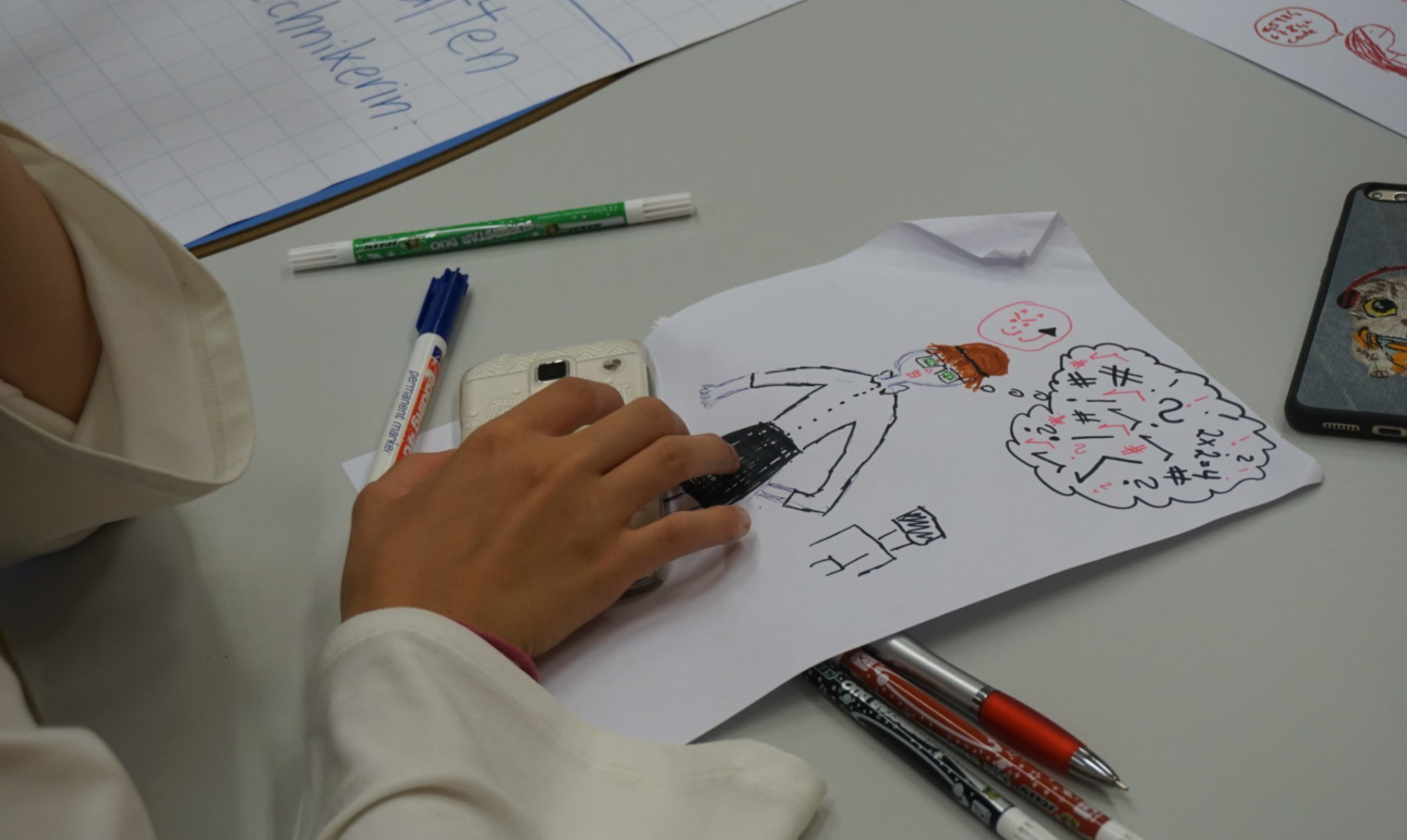A Workflow for Gender-Sensitive and Interdisciplinary Teaching
How to cite: Spieler, B., Gursch, S., Krnjic, V., Horneck, K., & Slany, W. (2024). Designing, Coding and Embroidering: A Workflow for Gender-Sensitive and Interdisciplinary Teaching. International Journal of Emerging Technologies in Learning (iJET), 19(06), pp. 79–104. https://doi.org/10.3991/ijet.v19i06.48591
- Bernadette SpielerZurich University of Teacher Education https://orcid.org/0000-0003-2738-019X
- Sarina GurschGraz University of Technology https://orcid.org/0000-0002-7675-2079
- Vesna KrnjicCatrobat GmbH
- Karin Horneckbits4kids OG
- Wolfgang SlanyGraz University of Technology
DOI:
https://doi.org/10.3991/ijet.v19i06.48591
Keywords:
Block-based programming, Embroidery Designer, computational handicraft, female teenagers
Abstract
Research suggests that girls’ initial interest in computer science tends to decline during their teenage years, a trend that is not observed among boys. This paper addresses this gender gap and proposes integrating programming into handicraft lessons to provide a creative activity for all students. The project was conducted in three Austrian schools over one year (2019–2020), involving 229 middle school students. The evaluation included questionnaires and the assessment of programmed and stitched designs to structure gender-sensitive workshops. While boys consistently reported higher scores than girls in interest, sense of belonging, and enjoyment, girls’ scores remained more stable. However, girls were significantly more likely to express pride in their final designs than boys, and overall, more girls completed individual designs as final products. These findings can be applied to interdisciplinary handicraft lessons in line with the Maker-Education movement to foster interest in programming.
